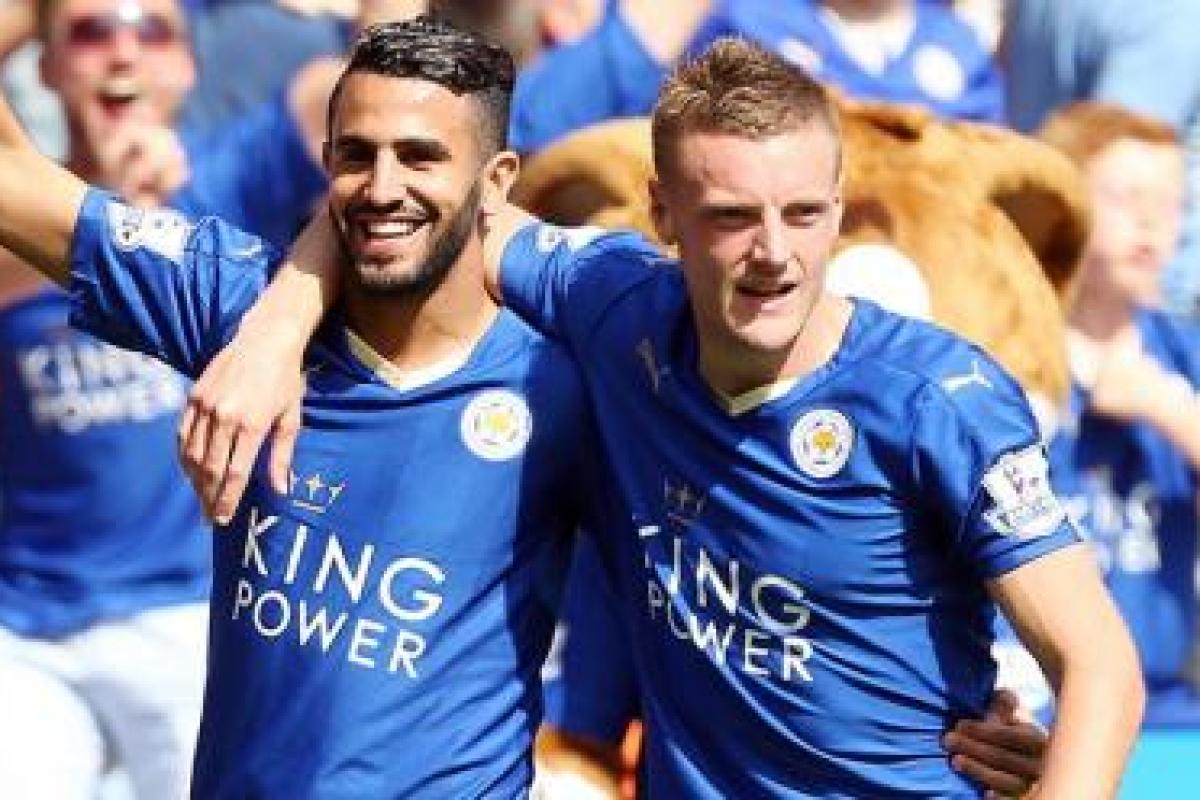Do you care who wins the Premiership this season? You would if you had a £250,000 bet riding on it. That’s the potential pay-out for a £50 bet placed before the first match was played, when you could get odds of 5000 to 1 on Leicester City Football Club.
Now imagine the bookies are offering you the chance to cash out that bet, today, for £72,000. Take the money? A return of 1440 times on a £50 stake that you kissed goodbye. Or hold out for a once-in-a-lifetime pay-out? That’s the dilemma presented to one lifelong Foxes fan, who bets on his club as a matter of course every August. Ten other Leicester fans also nabbed these odds, along with one Brighton supporter who had 60p change left after betting on his own club, and chucked it at the club with the longest odds.
A £72k return would be brilliant – if you didn’t know that you could be walking away from a cool quarter of a million. We can’t help thinking about the £178,000 “loss” rather than the seventy-two grand gain. Behavioural economists call this “loss aversion”, first defined by Daniel Kahnemann and Amos Tversky. We feel the pain of a loss more than we enjoy the equivalent upside (by a factor of two). That’s why over-promising, or raising expectations too high, is such a poor strategy. As consumers, we quickly adjust to the new reality, bank the gain, whether real or anticipated, and will then be very upset if it does not materialise.
Then there’s decision-making. Dan Ariely has written about how we are notoriously bad at making the decisions our future selves will value, tending to prioritise the now. Saving for pensions, not eating a doughnut, saying no to one more drink. Even worse if you are making the decision in a “hot” state – excited, anxious, discombobulated – rather than a “cold” state – calm, rational, objective, as described in Nudge, and used in government thinking on how to steer people to make better decisions. The football fan’s problem is that the frame of mind in which he makes the choice now, one of uncertainty about the outcome, and rather hot, will be different from the one in which he looks back on the decision in May, knowing who won the 2015-16 Premiership title.
Loss aversion makes us regret more than we can appreciate. Worse still, it can cause the loss. That’s choking. Jana Novotna seemed to have the 1993 Wimbledon final against Steffi Graf sewn up, but ended up with only a hug from the Duchess of Kent. Heather Watson against Williams at Wimbledon last year. Jean Van de Velde at the Open. Gareth Southgate, Stuart Pearce. The trigger for fluffing the big point is loss aversion. Regardless of expectations at the start of the match, once you’re only a point away from the biggest win of your life, the fear of losing it is crippling. The effect of this fear is that players try to be very careful. The shift from unconscious competence – the result of a lifetime of practice – to conscious control doesn’t improve their game. The conscious mind rarely computes a golf swing or a tennis move better than the unconscious mind of an experienced player. (Having suffered the same misery in table tennis at the Sydney Olympics, Matthew Syed explored choking in his book, Bounce.)
The man with the £250,000 bet cashed in. Apparently his partner put pressure on him. Let’s hope he remembers, if his beloved Foxes triumph on May 15, that he gained a certain £72,000 at a time when there was no certainty. The Brighton fan who put 60p on them is holding on, for now. Of course, if LCFC slip up, he’s only lost 60p. No doubt his football mates will remind him of that. Well there’s always a chance.
Read more from Fiona McAnena here.
